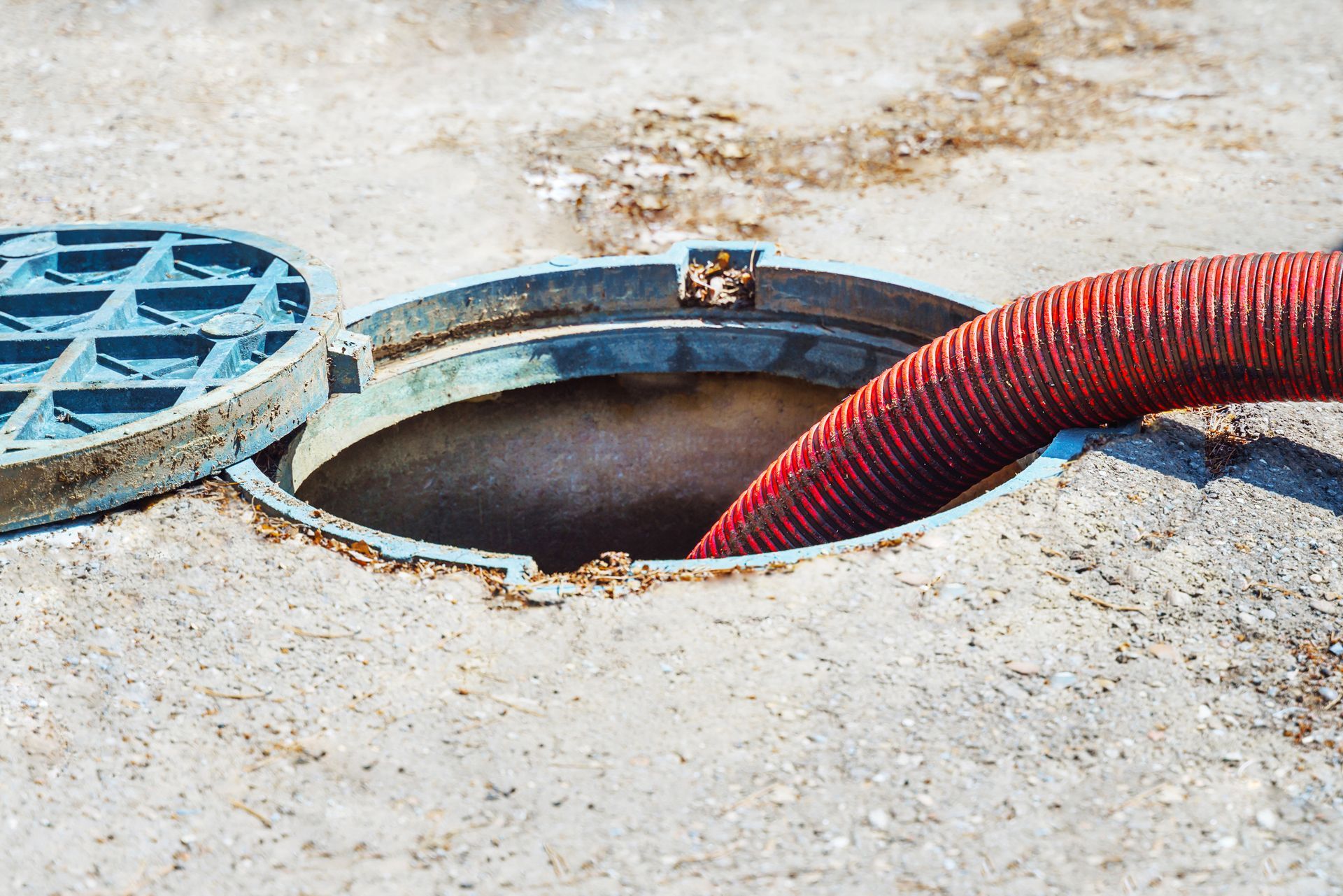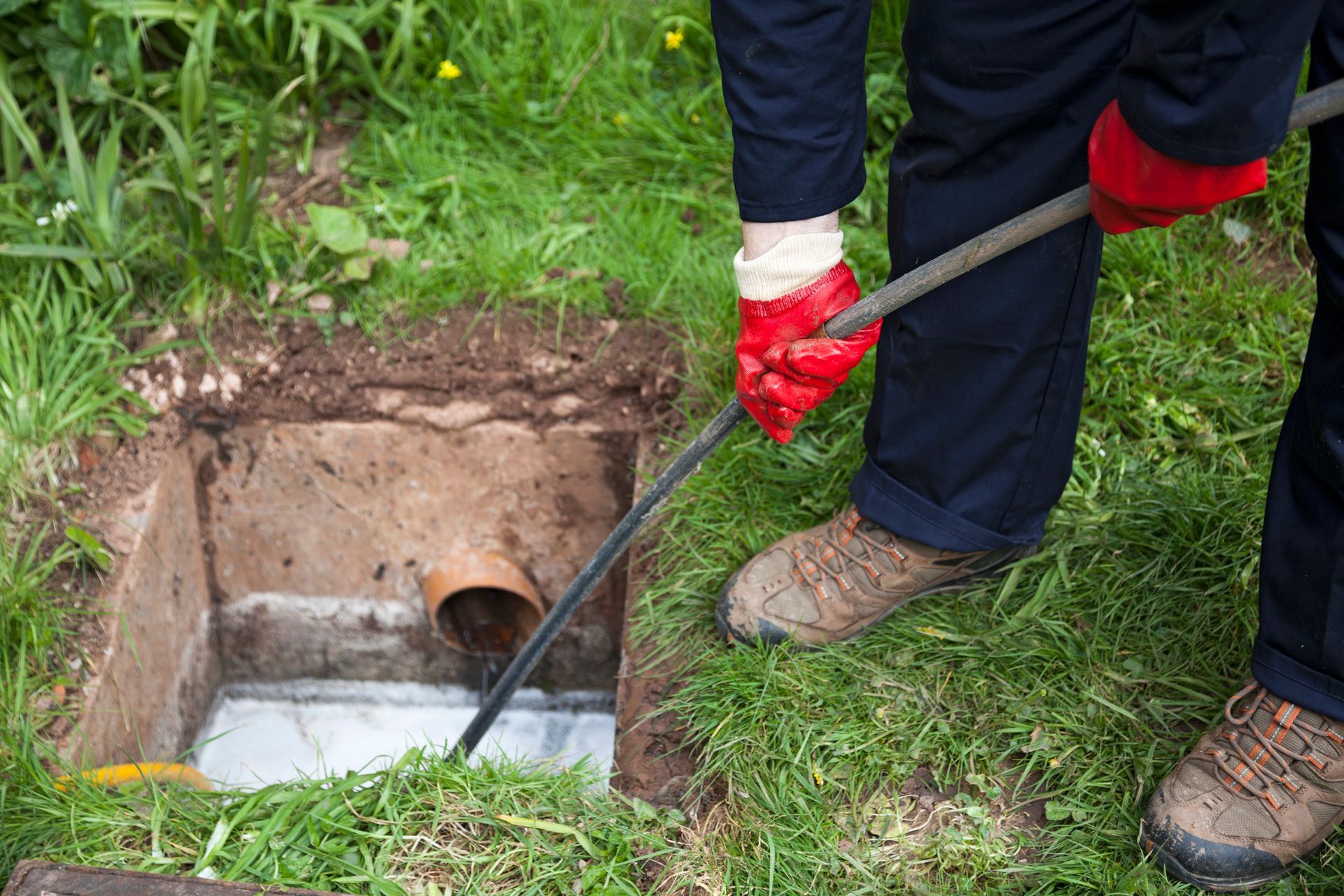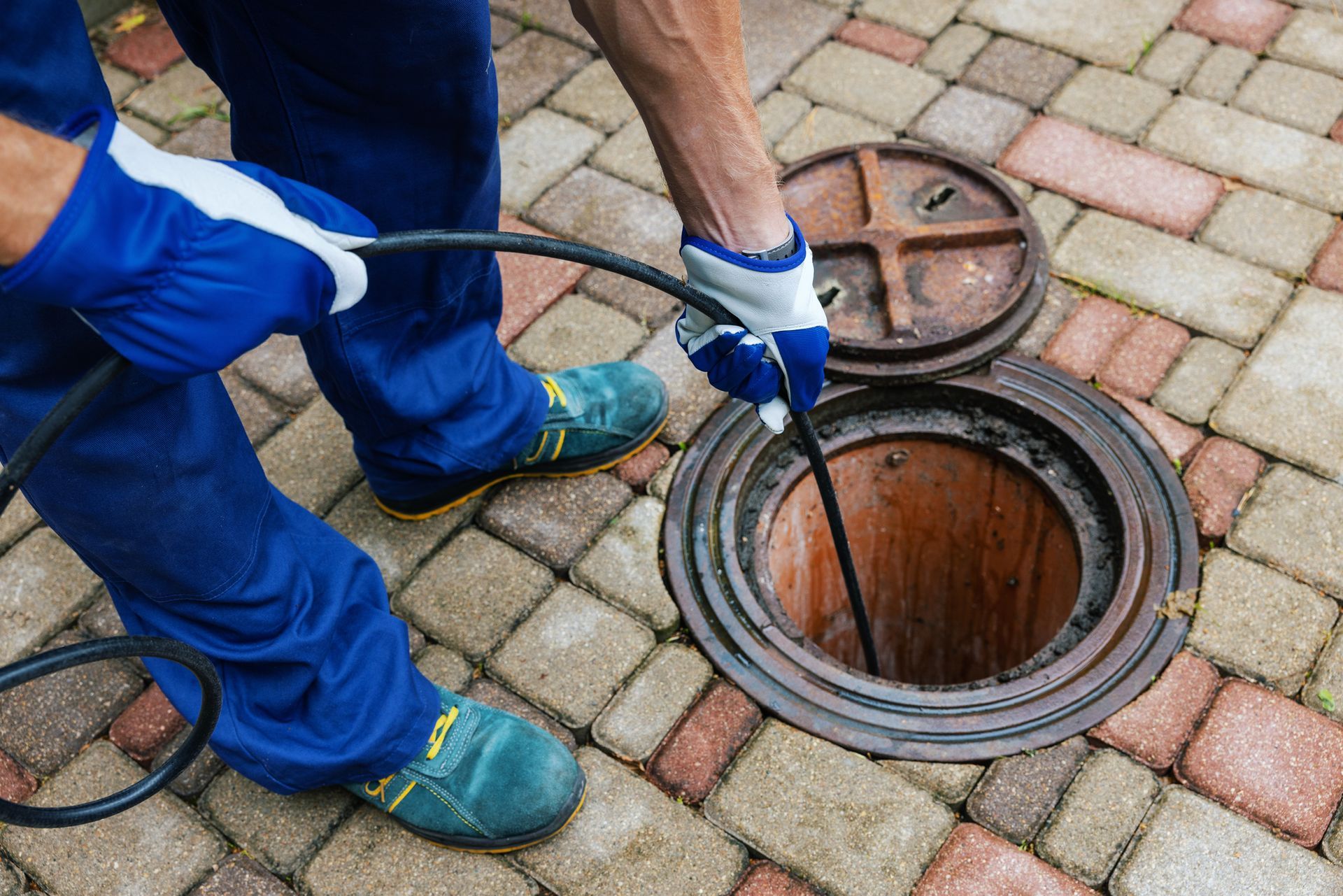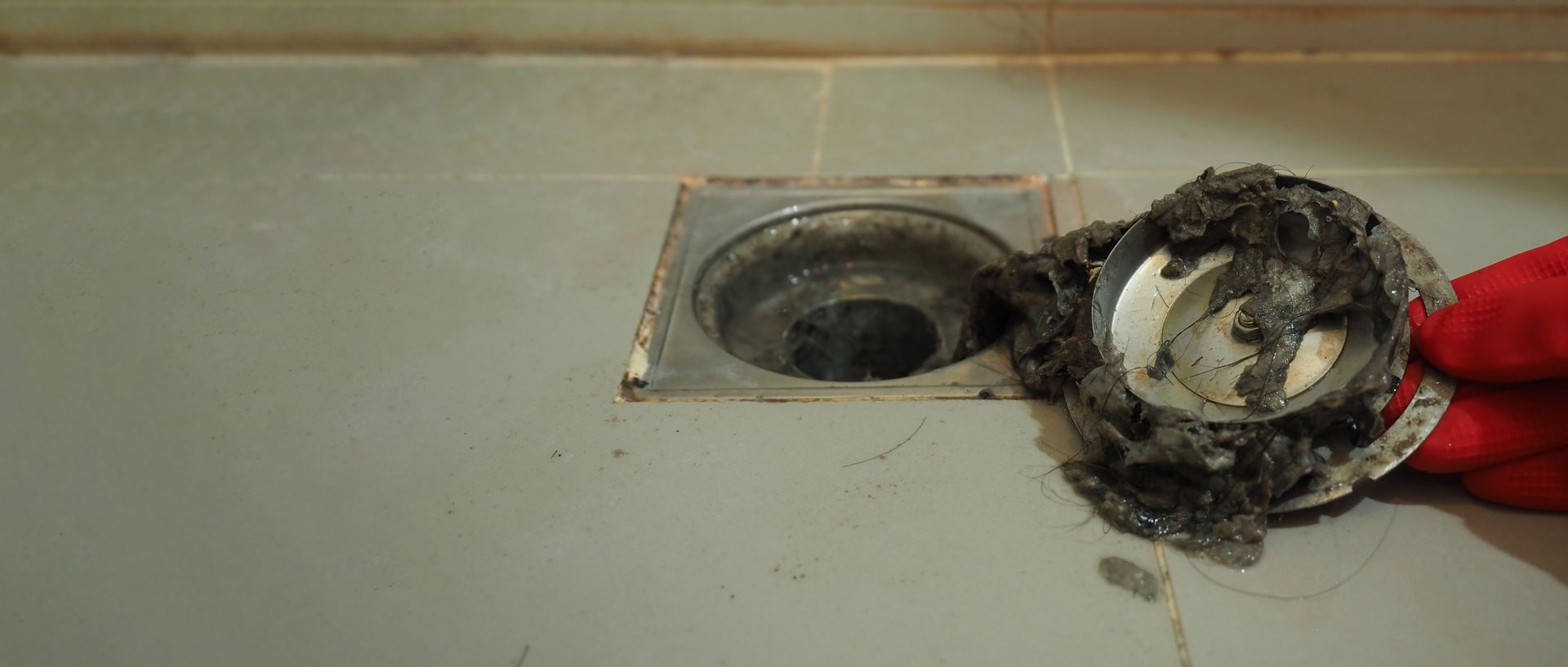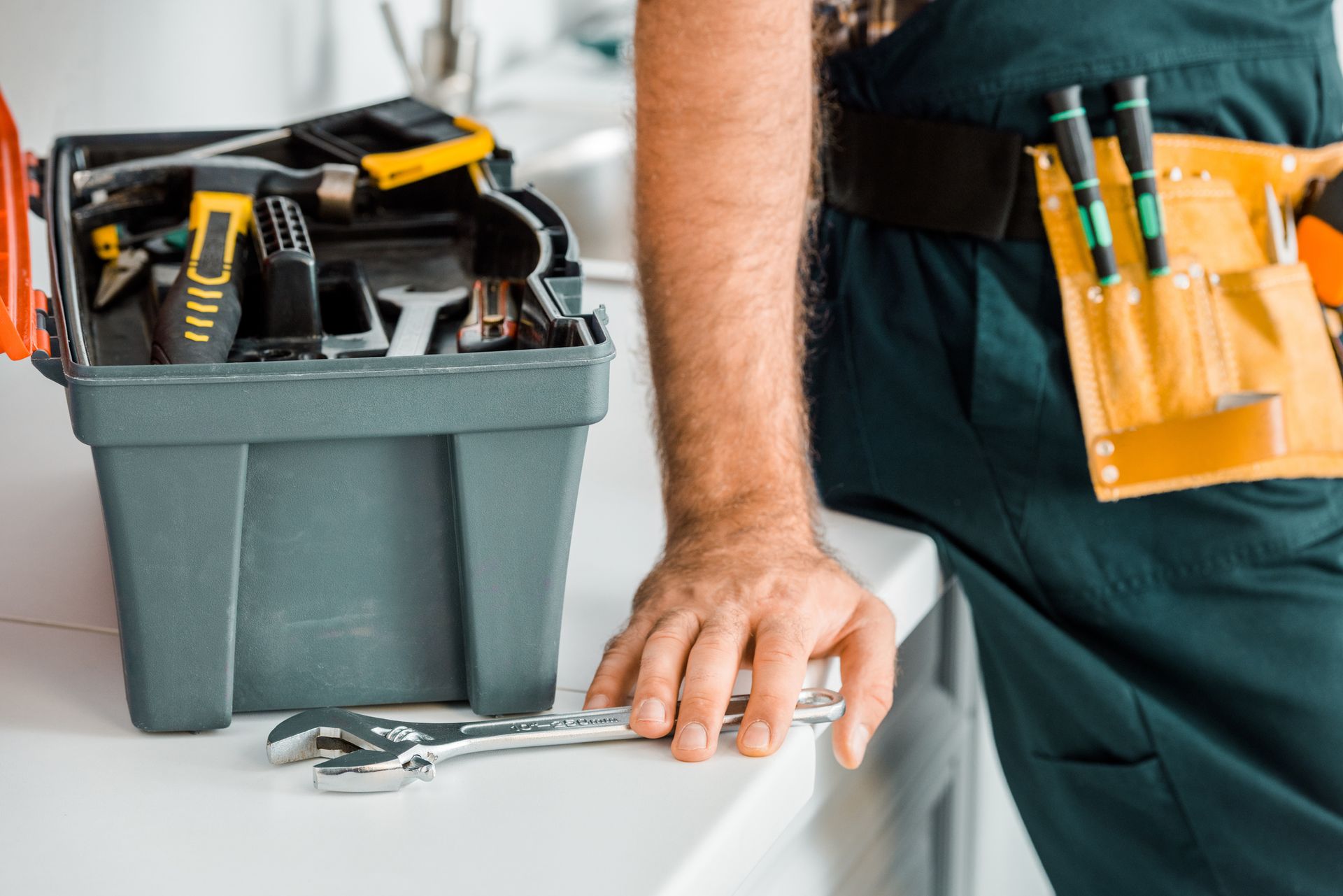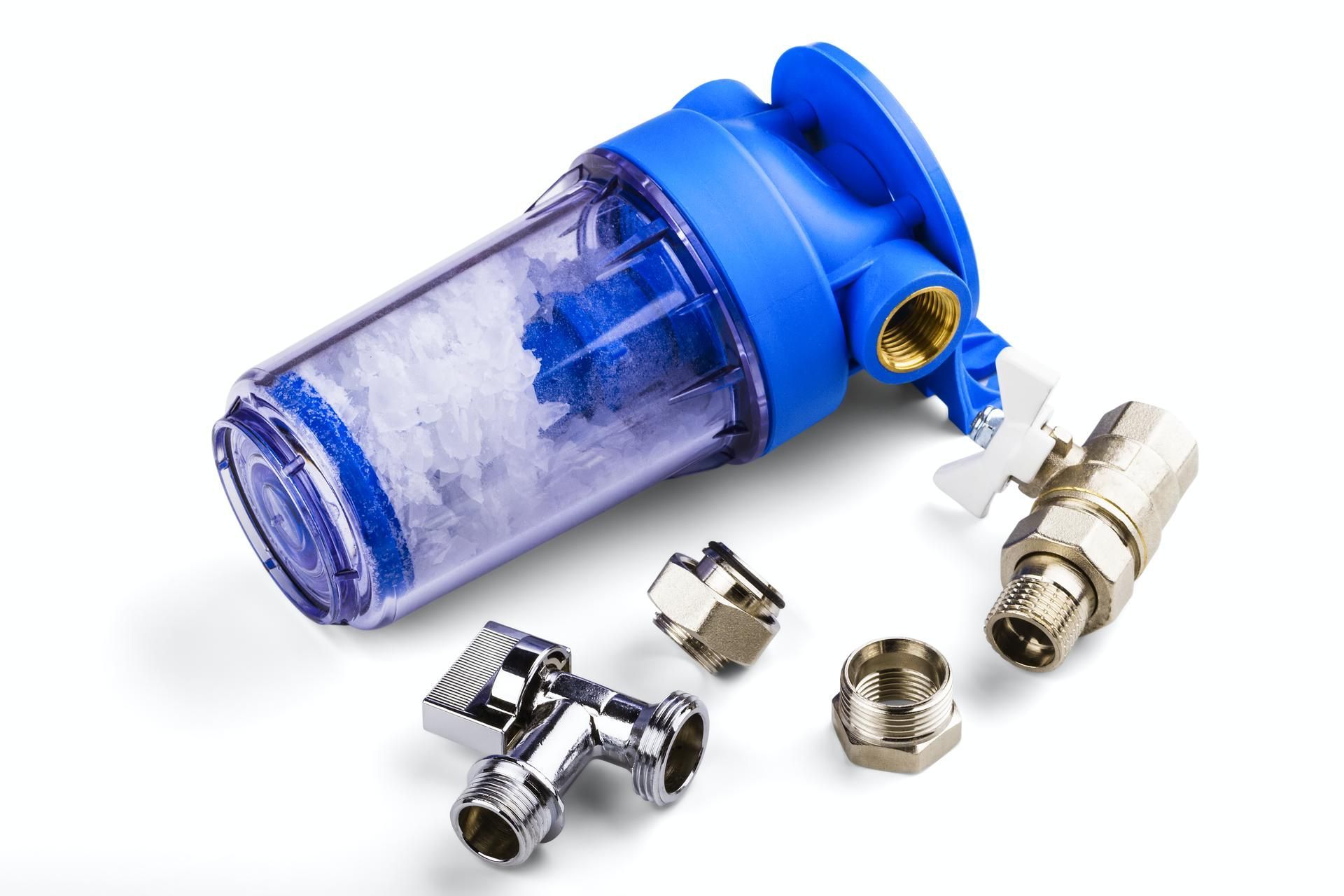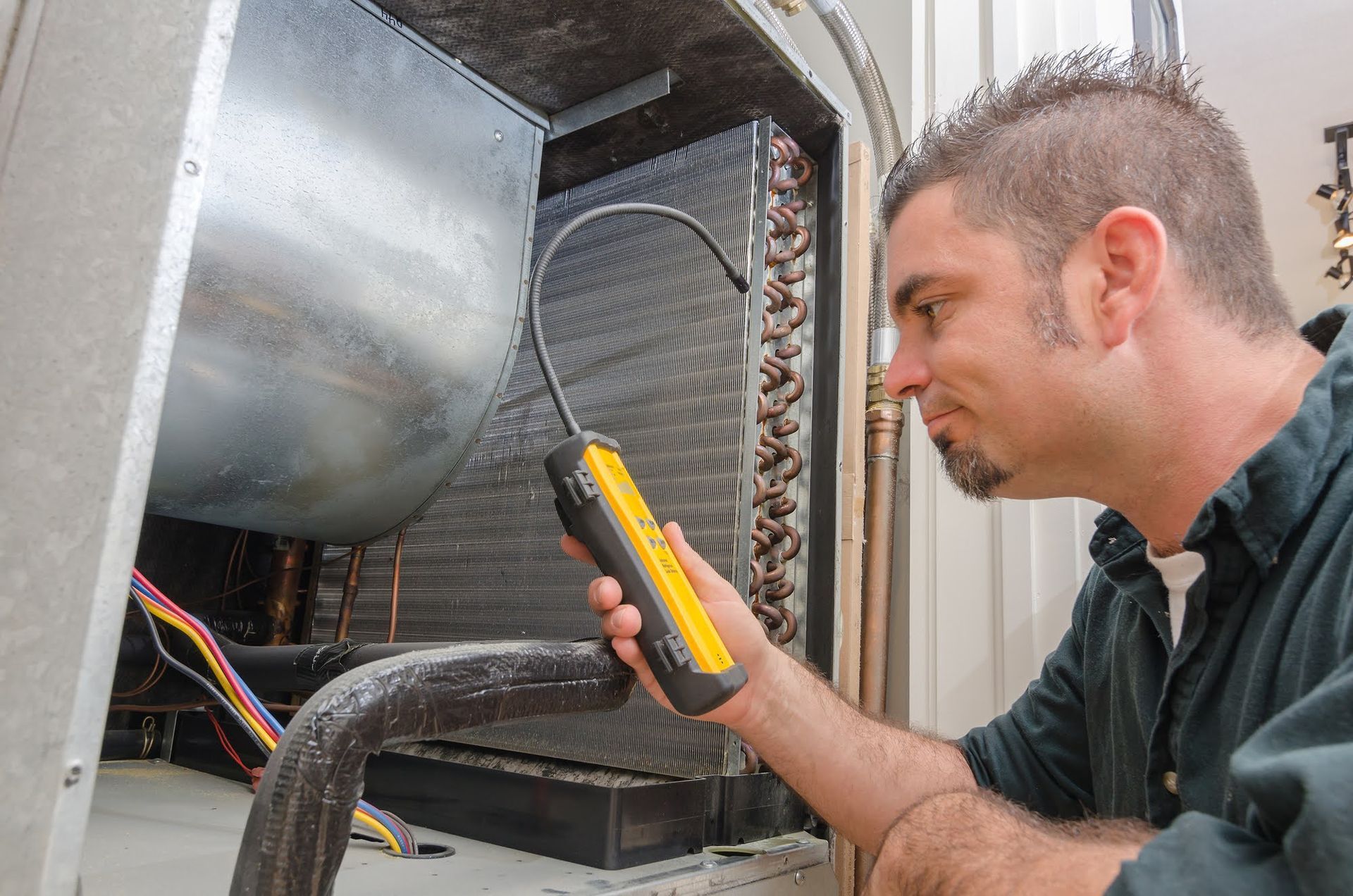6 Common HVAC Odors

A Heating, Ventilation, and Air Conditioning (HVAC) unit can cool your home in the summer and warm it in the winter. But a unit emitting bad odors is a sign of potential health hazards and requires urgent attention. Here are common HVAC smells that you should look out for.
1. Musty Odors
Mold is a common problem in many homes, and it can cause the HVAC system to generate a musty odor. In the summer, the HVAC system will work harder to cool your home. In the process, the unit can generate moisture that accumulates inside the HVAC system or the ductwork. The moisture will attract and support the growth of mold inside the HVAC system.
Once you notice a musty odor emanating from your HVAC system, reach out to a technician. The technician will identify where the mold is growing and recommend the appropriate solutions.
2. Decaying Garbage Odor
Your HVAC system can produce an odor that may remind you of stinky garbage. In most cases, this smell happens when a small animal or rodent decides to live inside the HVAC system. Some of these animals can build nests and reproduce quickly. The fecal matter of the animal or the decomposing body of a dead animal can cause the smell of garbage.
An HVAC professional will inspect your unit to identify any signs of an infestation. The professional will then use special tools to extract the animals and clean up any remaining mess.
3. Electrical Odors
An electrical odor usually indicates that the HVAC unit is overheating. Before you attempt to identify the problem, switch off the unit. An HVAC professional can come and check the air filter for any signs of clogging or restricted airflow. A clogged air filter increases the electric resistance in the heaters and causes overheating.
Sometimes, the problem can be as simple as a master switch that is not turned on. Also, if the problem only happens a few times when the heater kicks on, this may be caused by dust burning off. This problem will usually go away after a few minutes.
Don't attempt to fix the issue on your own since the problem might have originated in the wiring or motor. Instead, call an HVAC technician.
4. Rotten Egg Smell
The smell of sulfur or rotten eggs is typically a sign of a natural gas leak. Natural gas is odorless, but many utility companies will add the rotten smell to the system to inform people of an ongoing leak. As soon as you notice the smell, open all windows and doors and leave your house immediately. Reach out to your local gas or utility company and inform them of the ongoing leak. Do not re-enter the home until the leak is repaired by a professional.
5. Gunpowder Smell
Gunpowder smell closely resembles an electric odor. The smell may be a result of a malfunctioning circuit board or fan motor. This smell indicates that chemicals and metals are airborne and may damage your respiratory system. You can avoid this problem by having a professional inspect your system if you haven't used it for a prolonged period.
6. Exhaust Fumes
Your HVAC system may not be using gas, but it can still emit an exhaust fume smell. The smell is due to leaking fluids in specific components within the HVAC unit. Exhaust pipe fumes are dangerous, and you should evacuate the home and contact your HVAC technician immediately.
If you don't act quickly, the fluids can emit significant amounts of toxic gas into your home. This gas contains various chemicals, some of which may be harmful to the environment. The toxic gas can also reduce the amount of oxygen in the bloodstream and cause severe health problems.
As the temperatures keep rising, you need a comfortable place to stay. A well-functioning HVAC system can help you to cool the temperatures in your home. Garden Spot Mechanical is a professional HVAC company that repairs and replaces HVAC units with expert-quality service. Contact us for more information.

